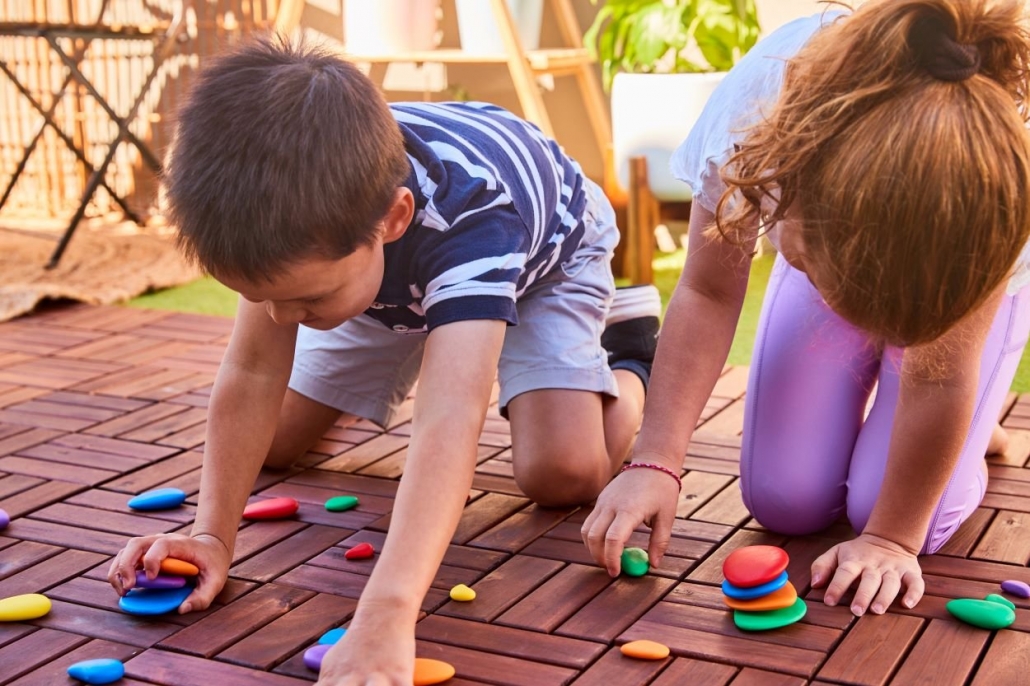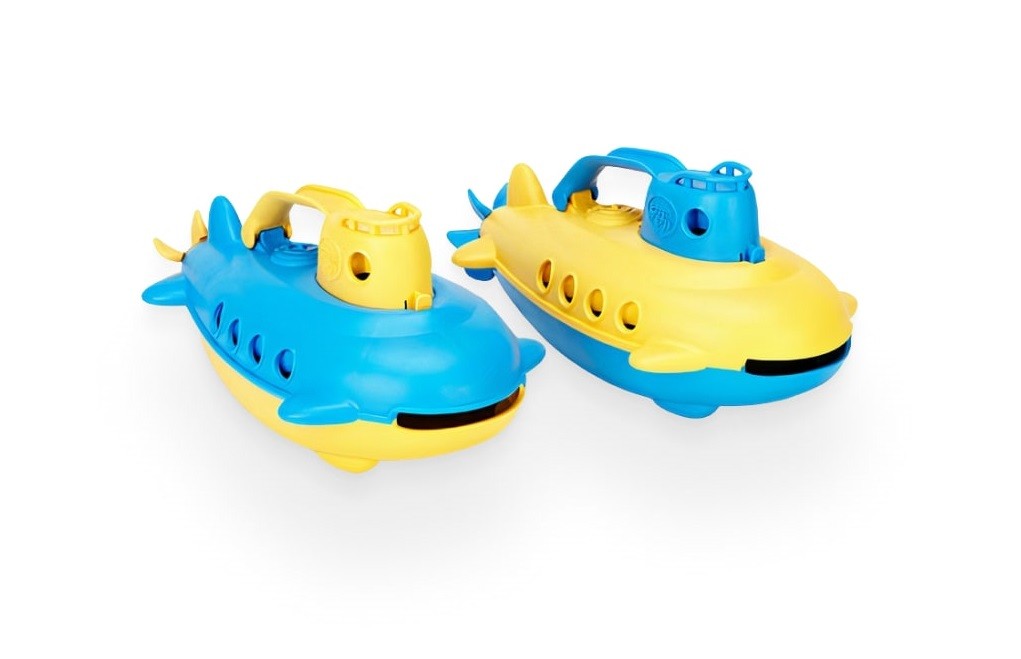Last Updated on January 6, 2025
It’s a question that every parent asks at some point: when do kids stop playing with toys? The answer, of course, is different for every child. Some kids seem to lose interest in their toys as they get older, while others remain attached to them well into their teenage years.
So what’s the reason for this difference? It could be simply that some children are more naturally inclined towards play than others. But it could also be that the type of toys they’re playing with makes a difference.
For example, research has shown that construction toys like LEGO can promote creativity and problem-solving skills in children of all ages. So if your child is still happily playing with their LEGO sets at age 10 or 11, there’s no need to worry – they’re likely developing important skills that will benefit them later in life.
Of course, there’s no harm in encouraging your child to branch out and try new things as they grow up.
But don’t worry if they still want to play with their beloved toy cars or dolls – it’s probably just a sign that they’re still a kid at heart.

Credit: edxeducation.com
Do 10 Year Olds Still Play With Toys?
It’s a fair question to ask since, let’s face it, most of us outgrow our toys by the time we hit double digits. But the answer may surprise you: according to a recent study, 10 year olds still play with toys on a regular basis. In fact, nearly 60% of respondents said they played with toys at least once a week.
So what kinds of toys are these kids and babies playing with? The most popular ones include action figures/dolls (like Barbie or GI Joe), building sets (like Lego or K’Nex), and video games. But there’s also a significant number of kids who continue to play with traditional “childish” toys like stuffed animals and puzzles.

Why do 10 year olds still play with toys? For many of them, it’s simply because they enjoy it! Playing with toys is a fun way to relax and forget about the stresses of school and other activities.
It can also be a way to bond with friends or siblings – after all, sharing laughter over a game of monopoly is always more fun than arguing over who gets which piece. So if your child is still playing with their favorite toy from when they were younger, don’t worry – it’s perfectly normal! Just make sure they’re not ignoring their homework in favor of playtime.
Do 12 Year Olds Still Play With Toys?
It’s a fair question to ask, considering that the average age for a child to begin puberty is around 12 years old. However, just because a child is hitting puberty doesn’t mean they’ve outgrown their toys. In fact, many 12 year olds still enjoy playing with toys – even if they’re not the same kinds of toys they played with when they were younger.
One reason why 12 year olds may still play with toys is because it provides them with a sense of comfort and security. Toys can be a reminder of happy times from childhood and can help provide some stability during what can be a confusing and challenging time in life. Additionally, playing with toys can be simply fun and enjoyable – something that’s especially important as tweens begin to pull away from childish things and look for ways to express their newfound independence.
Of course, not all 12 year olds will still want to play with dolls or action figures – but that doesn’t mean they don’t have any use for their toys anymore. Many teens will hang on to sentimental items from their childhood, whether it’s a favourite teddy bear or toy car. And while they might not play with them in the traditional sense, these items often hold an important place in their heart long after childhood has ended.
Do 8 Year Olds Play With Toys?
It is not uncommon for 8 year olds to still play with toys. In fact, many children continue to play with toys well into their teenage years and beyond. There are many benefits to playing with toys, including the opportunity to explore one’s imagination, relieve boredom or stress, and improve fine motor skills.
Additionally, playing with toys can be a fun way to bond with friends or family members.
There are endless possibilities when it comes to choosing which toys to play with. Some popular options for 8 year olds include dolls, action figures, legos, puzzles, and board games.
It is important to select toys that are appropriate for the child’s age and interests. For example, avoid giving an 8 year old a toy that is recommended for ages 3 and up.
Playing with toys is a great way for children to stay active both mentally and physically.
It can also help them develop important life skills such as problem solving and cooperation. So whether your childstill enjoys playing with dolls or has moved on to more complex games, encourage their love of playtime!
Do 7 Year Olds Play With Toys?
Yes, 7 year olds play with toys. In fact, most 7 year olds have a large collection of toys that they enjoy playing with. Many 7 year olds also enjoy playing with toy cars, dolls, and action figures.
Some of the most popular toys for 7 year olds include Legos, Hot Wheels cars, and Barbie dolls.
5 Reasons Your Child Isn’t Playing With Their Toys | How To Encourage Toy Play
Conclusion
When kids stop playing with toys is often a question that plagues parents. There are many factors that can contribute to when children outgrow their toys. The child’s age, maturity, and interests all play a role in how long they will continue to enjoy their toys.
Most experts agree that around the age of four or five, children start to lose interest in traditional “toys” and prefer instead to engage in activities that are more hands-on or imaginative. This doesn’t mean that all playtime must come to an end, however. Many kids (and adults!) still enjoy playing with toys well into their teens and beyond.
The key is to offer toys and games that are appropriate for the child’s age and stage of development. As children grow older, their interests will change and so should their toy collection. By paying attention to your child’s cues, you can ensure that they always have access to the types of playthings they enjoy most – no matter what their age may be.








